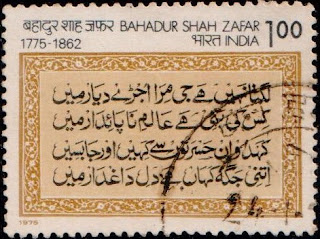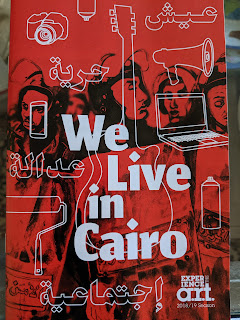Zafar-lagta nahi hai dil mera... explanation

لگتا نہیں ہے دل مرا اجڑے دیار میں کس کی بنی ہے عالم ناپائیدار میں lagtā nahīñ hai dil mirā ujḌe dayār meñ kis kī banī hai ālam-e-nā-pā.edār meñ alam has two meanings- world and also condition as in mujh pe ghusse ka aalam hai abhi. paidaar means something durable. adding "na" prefix makes it non-durable. "bani" means building or maintaining which contrasts nicely with aalam-e-na-paedar. dil lagna = finding something interesting/ pleasing or got used to/loving something. My heart does not find any rest or I am not interested in this ruined place. No one has been able to manage to remain in this impermanent world OR who has been able to maintain themselves in this condition of impermanence. کہہ دو ان حسرتوں سے کہیں اور جا بسیں اتنی جگہ کہاں ہے دل داغدار میں kah do in hasratoñ se kahīñ aur jā baseñ itnī jagah kahāñ hai dil-e-dāġh-dār meñ hasrat are desires that have remained unfulfilled. daagh= spots due to wounds or other trauma. daar is a suffix e.g. Imaan-daar, qar...
